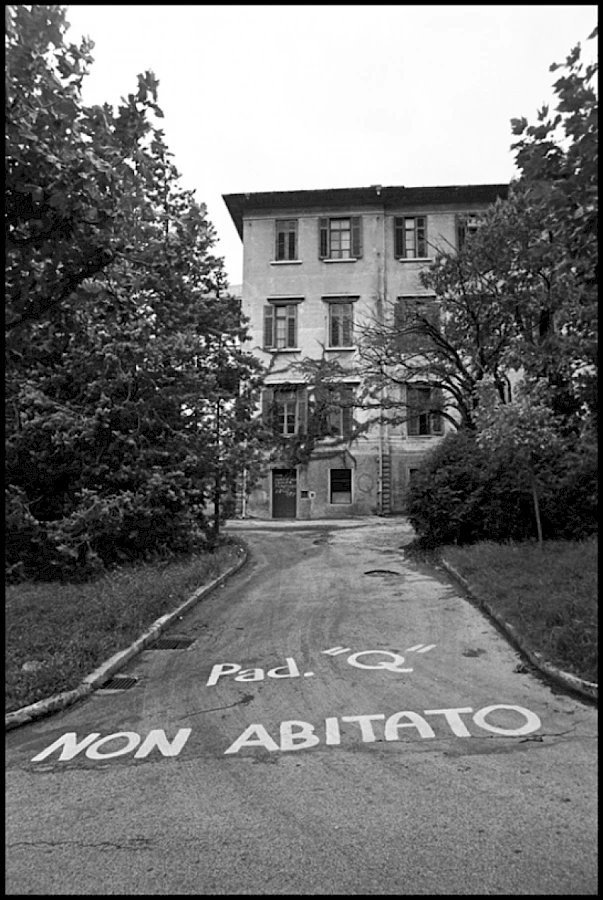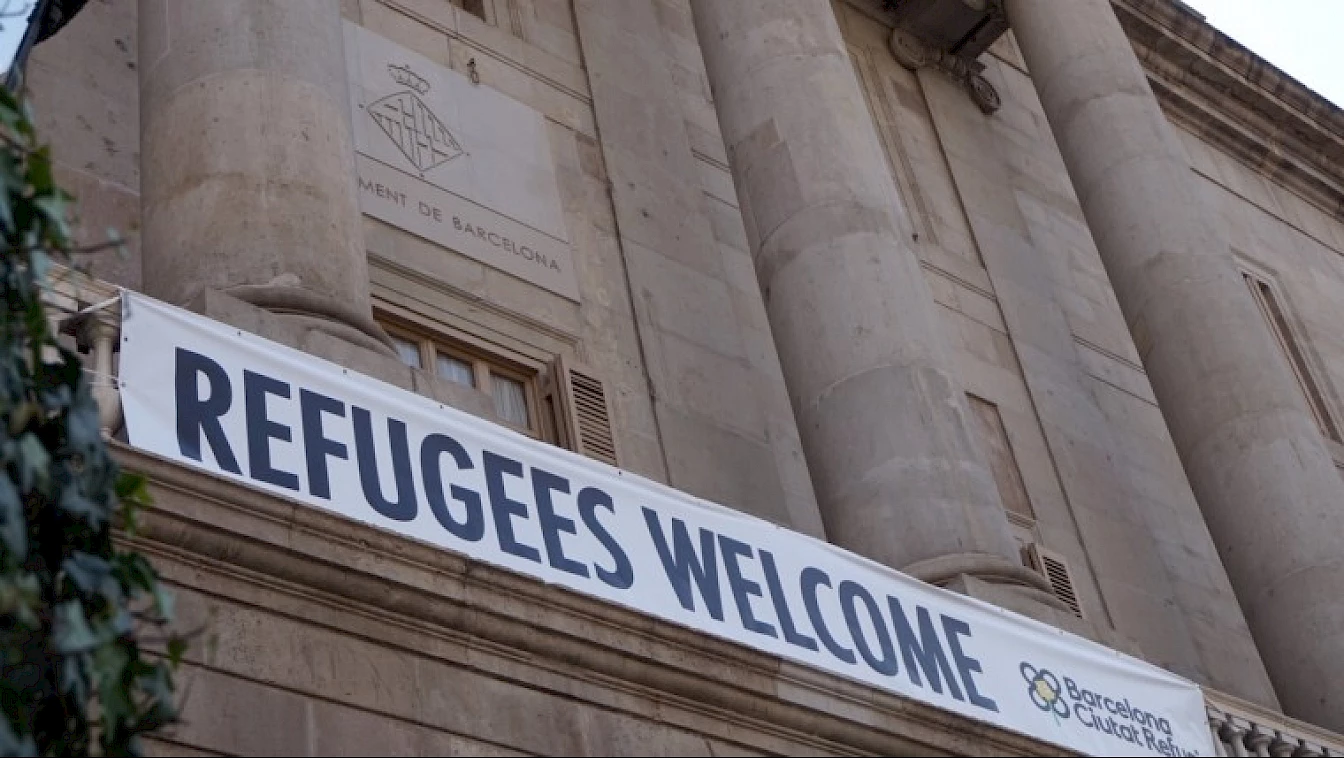
In the context of the collapse of the European welfare state, (radical) institutional practices are becoming more and more unstable. They show to what extent institutions as practices of social organisation - mediated through the state, legislative regulation, "public" ethics and moralities, the accumulation of national debt and the development of welfare policies - have made possible what Brett Neilson and Ned Rossiter called the "Fordist exception".
The formation of social life through institutions intervened not only on the level of the organisation of production or ideology but also on the level of the everyday intertwining of subjectivities, inventions, interventions. Today, the prophecy of institutional catastrophe allows us to challenge this (supposed) molar autonomy of the state, when it calls for (institutional) critique to be a transversal and multiple practice for the construction of strategies of survival, as well as possibilities of recovery, to put it with Jo Brewis,1 for social life as a whole.
Rearranging and translating Susan Leigh Star's reflection on the visibility of infrastructures2 only in the event of their failure, we could say today that the material level of instituting (when and where procedures, protocols and habits are realised, negotiated and reproduced) becomes especially visible in the moment of transition. In other words, when the instability of the institution gains prominence over its durability, and the dramatic tension between regulation and transformation drives our practices to the edge of collapse, it also gives us the possibility to perform an elsewhere to be inhabited here and now. Stefano Harney and Fred Moten3 use the powerful expression "before and before".

In these blog posts, I will address instituting practices on the edge between state and society, and in a constant attempt to challenge, displace, rearrange those instituted assemblages that have organised social life so far. In Trieste, this is the everyday challenge of the community healthcare practices of de-institutionalisation, in the Centres for Mental Health and the Microarea projects where space, responsibility, invention intertwine to produce a different understanding of health and care in the wave of Basaglia's predicament. In Barcelona, the crisis of the traditional forms of representative politics is opening the space to experiment with the municipal level of institutionality. Policies of care, of welcoming and participation allow for new ways of inhabiting the city to be tested. Throughout Europe, the routes of escape and connection embodied by migrants and refugees have not only shown the dramatic incapability of the European Union to sustain the dignity and the life of millions of people, they have also been the space to compose another understanding of our life in common.

There is hope, desire and possibility of transformative inhabitation of institutions. I will try to use these practices to craft a repertoire and an empirical definition of institutions as ecologies. These are forms of life in which the possibility of a transition is made real through an unstable and speculative composition of agents, boundaries and gateways. In the words of Félix Guattari, instituting is a practice that can craft imaginative potentialities into unstable realities and dare "to confront the vertiginous Cosmos so as to make it inhabitable".